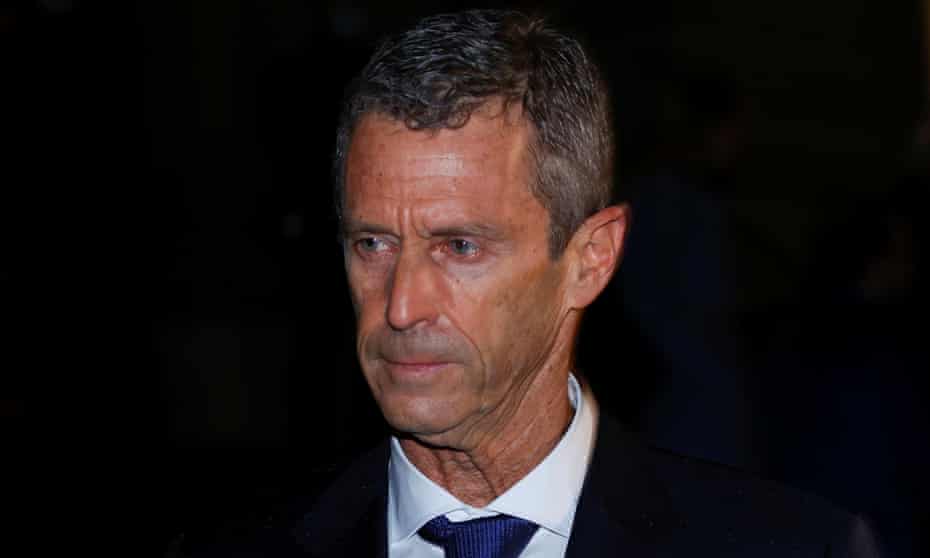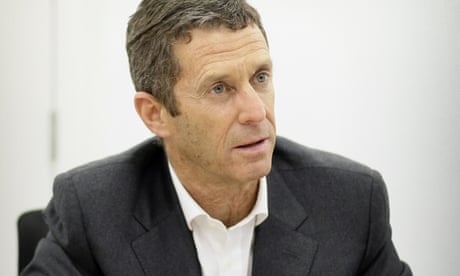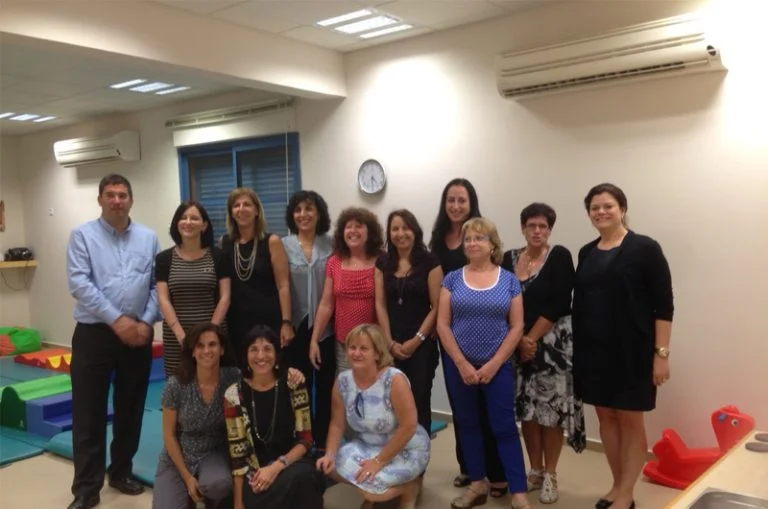States cannot negotiate a pandemic treaty alone
BMJ 2022; 377 doi: https://doi.org/10.1136/bmj.o1281 (Published 20 May 2022) Cite this as: BMJ 2022;377:o1281Global cooperation in response to the covid-19 pandemic has failed. Despite an established World Health Organisation (WHO) framework for early outbreak responses—the International Health Regulations, which require states to implement pathogen surveillance, detection, and alerts, and accurate public health communications—most states were sluggish and uncoordinated in their collective responses to covid-19. Future state negotiations to develop a pandemic treaty must look to civil society participation as a human rights and public health imperative.
States have remained divided in their response to covid-19 which has risked and likely cost millions of lives. The virus has deepened economic woes, exposing and worsening social disparities that disproportionately impact on marginalised and disadvantaged people, had dire impact on the physical and mental health of overburdened health workers, and exacerbated gender inequalities. State responses to the pandemic have resulted in a parallel “pandemic of human rights abuses.”1
It is in this context that the World Health Assembly accepted a recommendation to negotiate and draft a pandemic treaty.2 It is down to member states of the WHO—comprising nearly all the countries in the world—to adopt the treaty, but government representatives alone will not be able to draft an adequate instrument to prevent failed responses to future pandemics.
Community-led and other civil society organizations have been critical in reaching those most harshly impacted by the covid-19 pandemic—as they were too in past pandemics from HIV to Ebola—and are indispensable in ensuring the development of a treaty that is fit for purpose, is gender equitable, and grounded in human rights.
Civil society is essential to pandemic prevention, preparedness, and response. During the covid-19 pandemic, community-led and other civil society organizations disseminated information, testing, and personal protective equipment, and played a key role in ensuring vaccine distribution.34 They have also often provided for basic needs such as food and essential medicines to help people comply with lockdown measures. Crucially, they have frequently spoken out against grave human rights abuses that have resulted from ill-conceived state responses to the pandemic, in discriminatory actions throughout the pandemic response and in the moral failure to ensure equitable global access to covid-19 vaccines.5 If the proposed pandemic treaty is to have any chance of addressing the most critical issues that will arise in future pandemics, it must fully embody the vital lessons learned through these experiences.
The expert panel that recommended drafting a pandemic treaty advised that the “clear involvement of … civil society” must be ensured.2 It was right to do so for at least four reasons.
Firstly, the principle of civil society participation in law-making processes is firmly established in international law and standards, including full meaningful and effective consultation in treaty drafting processes.
Secondly, although the pandemic treaty may only be the second treaty negotiated by WHO member states, there are decades of international practice to draw on in relation to civil society involvement in treaty drafting. In a briefing developed and disseminated by the Civil Society Alliance for Human Rights in the Pandemic Treaty, various examples are examined which illustrate the need for and benefits of extensive civil society involvement from the outset of a negotiation process and throughout.5
Thirdly, the WHO itself has described social participation as a “key driver of health equity,” and indicated that reduced levels of social participation create a range of problems, including: “limi[ting] opportunities to detect the specific needs of social groups”; “bias[ing] political decisions in favour of the most advantaged social groups; and “dismiss[ing] population knowledge about their own needs.”6
Finally, given the dramatically broad nature of interventions required to ensure effective responses to a pandemic—from lockdowns, to vaccine procurement to extensive modifications of social behaviour—preparation for and responses to pandemics should be undergirded by legitimacy. Such legitimacy is not attainable with only the buy-in of states themselves, and requires people around the world whose lives have been upended by covid-19 to support and accept the treaty.
Despite this clear imperative for participatory processes, the WHO’s Intergovernmental Negotiating Body (INB), which is leading the treaty’s negotiation, has provided only tokenistic opportunities for civil society involvement.7 The INB has limited participation in the significant majority of its engagements to non-governmental organizations in “official relations with the WHO”—a small group of (primarily international) organizations—with little to no space for engagement with especially community-led organizations and other domestic civil society.
Though the INB has indicated that it will hold at least two sets of public hearings. One took place in April and another will follow in June 2022. The April two-day hearings were superficial. Oral submissions were limited to two minute presentations and written submissions strictly confined to approximately 250 words. The sessions involved no engagement between INB members and civil society organizations, and provided no indication on how the wide range of submissions—many of which brought attention to the problem of inadequate consultation—would be considered. This type of “consultation” is deeply concerning and inadequate to compensate for the exclusion of a broader range of civil society throughout the treaty negotiation process.
The Civil Society Alliance for Human Rights in the pandemic treaty has therefore spelt out a set of clear recommendations to the INB to remedy these defects, which we endorse.5
Opening the public hearings on 12 April 2022, Precious Matsoso, the co-chair of the INB, described the initial public hearings as “historic” and “remarkable.” The pandemic treaty will only be historic and remarkable if its negotiation, drafting and oversight are fully inclusive of community-led and other civil society organizations. WHO member states must devise a treaty that is grounded in human rights and provides for gender responsive prevention, preparedness and response in future pandemics. They cannot do so alone.8
Footnotes
Competing interests: none declared.
Provenance and peer review: not commissioned, not peer reviewed.
Acknowledgments: This opinion piece is co-signed by these signatories: Susan Wilding, CIVICUS: World Alliance for Citizen Participation; Courtenay Howe, STOPAIDS; Tomaso Falchetta, Privacy International; Naomi Burke-Shyne, Harm Reduction International; Rossella De Falco, Global Initiative for Economic, Social and Cultural Rights; Nina Sun, Jonathan Mann Global Health and Human Rights Initiative, Drexel Dornsife School of Public Health; Joe Amon, Jonathan Mann Global Health and Human Rights Initiative, Drexel Dornsife School of Public Health; Shirin Heidari, GENDRO; Bernard Kadasia, GENDRO; Baba Aye, Public Services International; Nicoletta Dentico, Society for International Development; Ann Harrison, Amnesty International; Ruth Morgan Thomas, Global Network of Sex Work Projects (NSWP); Yassen Tcholakov, McGill University; Sara (Meg) Davis, Graduate Institute Geneva; Benjamin Mason Meier, University of North Carolina at Chapel Hill; Thomas Schwarz, Medicus Mundi International - Network Health for All; Roojin Habibi, Osgoode Hall Law School.


















